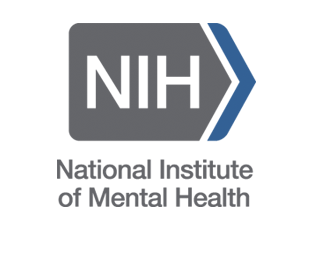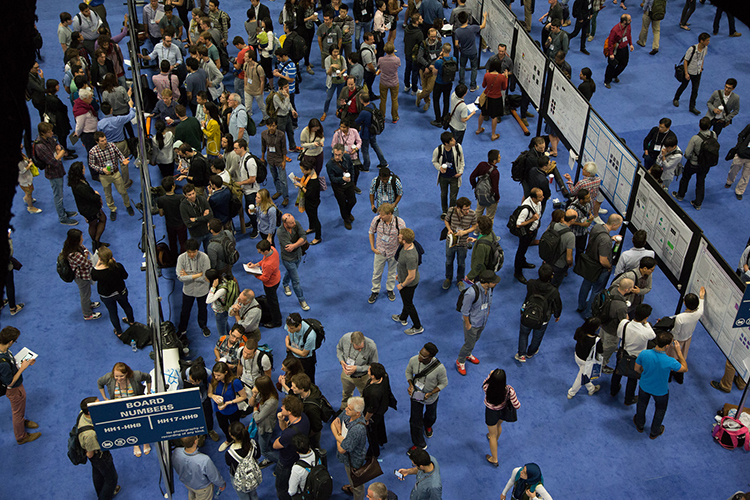
Help Shape the Field: Nominate SfN’s Future Leaders
Each year, hundreds of SfN members volunteer to become more involved with the Society, helping to shape not only the field of neuroscience but also their individual careers. SfN offers volunteer roles for scientists at all career levels that can help them gain leadership experience and network with influential members of the neuroscience community.
Now is your chance to get involved: SfN is accepting nominations for committee members and Council positions until Friday, February 17. Nominate yourself or a colleague today for a spot on one of SfN’s 16 committees or to be incoming president-elect, incoming treasurer-elect, or councilor.
“It’s so important that the volunteer leaders reflect the vast diversity of our membership, and we strive to achieve this with all of our committee appointments and leadership selections to help ensure we represent the broad field of neuroscience and an array of perspectives,” said SfN Secretary Gina Turrigiano, who is instrumental in working to ensure that representation throughout the Society’s committees and Council posts. “We appreciate all members who participate in the nomination process and who serve as volunteers to help guide our Society’s work and priorities.”
There are many benefits to being an SfN volunteer. Many participants enjoy feeling more deeply invested in the Society and learning more about how it operates. Having a stronger connection with SfN leads to a greater understanding of the resources it offers and the knowledge about how to influence its programs.
“It’s been really insightful for me to learn more about how the Society works and what sorts of things go directly into their decisions, and how we can shape those decisions and bring about the things that are important to us by being part of that leadership and part of that committee structure,” said Jennifer Yates, a member of the Global Membership Committee and a former member of the Public Education and Communication Committee.
Volunteering with SfN can also inform how members view the important work they do at their home institutions or places of work. Charles Yokoyama, a BrainFacts.org Editorial Board member and a former member of the Public Education and Communication Committee, said serving on a SfN committee helped him think about his work in Japan in a more global context, which has benefitted his career.
Students and early-career members also receive informal benefits from volunteering such as mentoring from more senior members of SfN leadership. The Trainee Advisory Committee (TAC), made up of student and postdoc members, provides input and guidance on issues that are central to the experience of younger members. Former TAC Chair Sofia Jurgensen stressed the importance of volunteering with the Society for scientists who are just beginning their careers to share their views.
“Specifically young scientists should get involved with SfN leadership because they have a vision of the future that more senior members might not,” Jurgensen said. “They are experiencing it from a different perspective, and they are going to be the future of the Society, so it's really critical that they start early on inputting their ideas into determining what the Society will look like in the future.”
Members who have taken volunteer positions with SfN also noted a positive change in the way they approach career growth. Marguerite Matthews, a former TAC member, said volunteering has enhanced her life experience. “This has been a 360 approach to career development and just really building myself as a professional, but also as a good citizen of the world,” she said.
In addition, Frances Jensen, chair of the Public Education and Communication Committee, said there are exciting perks that come with volunteering. “You’re also, as a side effect of being involved in these committees, being made aware of the latest and greatest in the scientific advances in our field, which is just an extraordinary privilege,” Jensen said.
Serving as an SfN volunteer can result in many dynamic changes to your work and career trajectory. “To anyone considering joining a committee or volunteering, I would enthusiastically support going for it,” Yokoyama said. “The committee will greatly enrich your experience in the SfN community, the neuroscience community, and in your own career.”



















